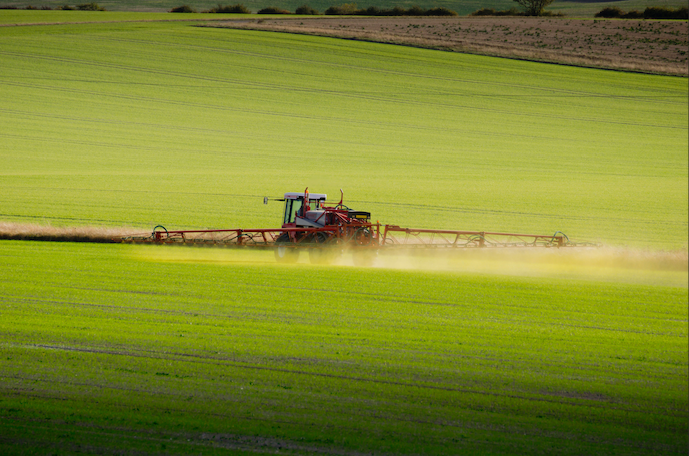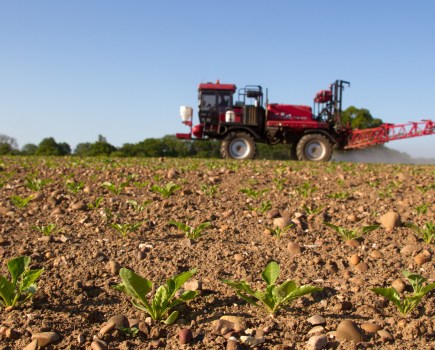The latest development from a farm management smart phone app promises to support growers in pesticide compliance.
This new offer from fieldmargin includes a pesticide checking database, which Camilla Hayselden-Ashby says will help farmers and agronomists to double check that proposed applications meet current regulations.
“We’ve made this an easy-to-use new feature which should improve communication and interaction between farmers and advisers,” she says. “It puts tools previously only available to the biggest farms and agronomy companies within affordable reach.”
Reducing risk
According to Camilla, juggling weather windows, crop-walking, agronomist recommendations and paperwork means there’s always a risk of error.
“At worst, it could lead to costly crop damage or a fine, but even a relatively minor change to a label can result in loss of certification. It’s easy to overlook a label change, especially if chemical stock is carried over from a previous season,” she says.
Data sources
The fieldmargin app is built to make the integration of multiple data sources simple and inexpensive to achieve. For Pesticide Check, the app interfaces with the latest data from Lexagri’s Homologa database – the world’s largest crop protection product database with more than 33 million entries. In the UK, additional data is provided by Fera.
“Inputting the statutory recommendation prompts the app to perform checks to assess for potential breaches of compliance,” explains Camilla, “such as the product’s expiry date, whether it’s permitted for the target crop or variety, that the application rate is within the maximum dose, maximum seasonal applications won’t be exceeded, and even advice on withholding periods and grazing re-entry, where appropriate.”
In the case of an obvious compliance error, fieldmargin will issue a warning, prompting the user to conduct further checks.
Support mechanism
“The app will never fully ‘green light’ a proposed application – the decision to go ahead always lies with the person responsible. But with all the information to which it has access, such as registrations, licensing, MRLs, expiration dates, actives, approved crops, doses and so on, its day-to-day use is very intuitive.
“Pesticide Check is a tool for the agronomist as much as the farmer,” she adds. Despite this, Camilla stresses the app isn’t intended to be a substitute for authorised agronomic advice. “BASIS qualifications are always necessary to make pesticide recommendations. What the app does, is check those recommendations don’t conflict in any way with the statutory label.”




